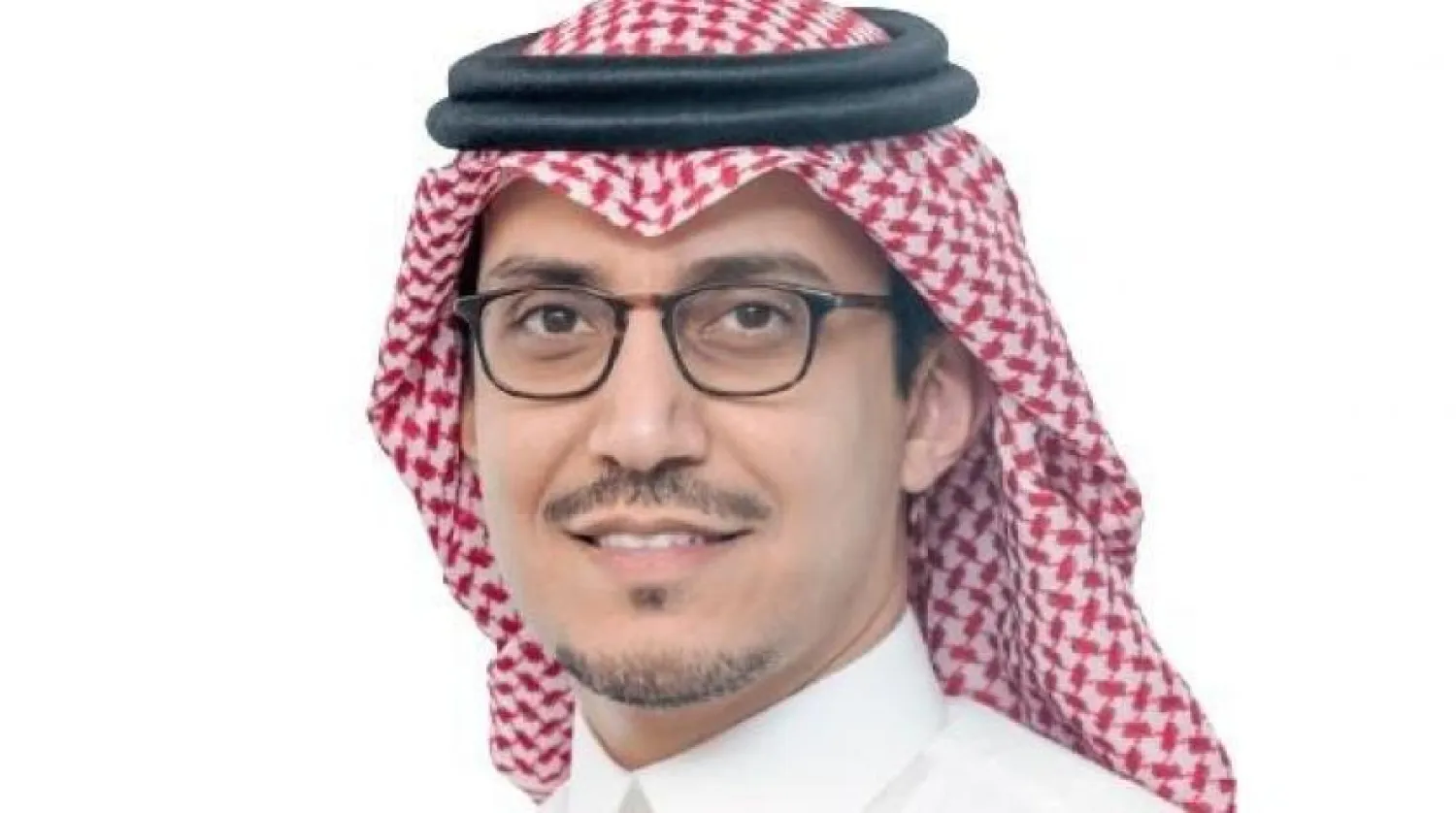Custodian of the Two Holy Mosques King Salman bin Abdulaziz issued a Royal Order on Sunday appointing Suhail bin Mohammed bin Abdulaziz Abanmi as Governor of Zakat, Tax and Customs Authority at the rank of minister.
The cabinet had last week approved the merger of the General Authority of Zakat and Tax (GAZT) and the Saudi Customs.
Abanmi had served as governor of GAZT since June 2017. He was named acting governor of Saudi Customs in March.
He had previously occupied several top positions in public office, including undersecretary at the Ministry of Commerce’s agency for internal trade.
He boasts over 17 years of experience in business development and information technology in the banking sector and financial market. He also sat at management boards at government agencies and companies.









